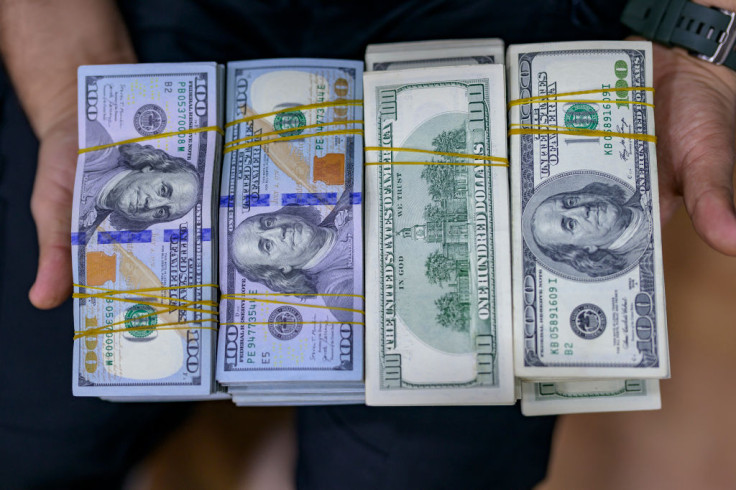
A Mexico-based lawyer has pleaded guilty to laundering tens of millions of dollars for the Sinaloa cartel and bringing the proceedings from the U.S. to Mexico.
Concretely, the Department of Justice detailed that the case of Hector Alejandro Paez Garcia is part of a "long-term FBI investigation targeting a Mexico-based money laundering organization" believed to have laundered at least $52.7 million for the cartel before the arrest of its top leaders over the past years.
Court documents showed that the organization used shell companies in San Diego to launder the money, which came as bulks of cash from different parts of the country and proceeded from drug importation and distribution operations.
The organization then used the shell companies to send the money to accounts controlled by Paez, who claimed to have a managerial role in the criminal enterprise. Overall, FBI agents seized 66 bank accounts across the country. As authorities cracked down on conventional methods, Paez began using cryptocurrency to circumvent them. However, the accounts were found as well.
11 people have been arrested in connection with the scheme so far, and more than $3 million have been seized. The DOJ added that six people and seven entities, "including several of Paez's co-conspirators, were the target of sanctions imposed by the Department of Treasury's Office of Foreign Assets Control (OFAC)." Paez is set to be sentenced on August 15.
U.S. authorities have been cracking down on the cartel's money laundering network lately, with a Wall Street Journal report detailing how a Chinese network managed to launder tens of millions through U.S. banks. The outlet noted that it allegedly purchased dollars at a discount from the cartel and sold them at a premium, primarily to Chinese nationals seeking to circumvent the country's currency restrictions.
The laundering operation operated across Los Angeles County, with those involved making frequent deposits—sometimes six-figure amounts—at teller windows and ATMs of major banks including Chase, Bank of America, Citibank, and Wells Fargo.
While none of the financial institutions have been accused of wrongdoing, the scheme highlights vulnerabilities in the U.S. banking system. Even though it flagged over 21 million large cash transactions and 4 million suspicious activity reports last fiscal year, most of which did not result in criminal investigations.
The Drug Enforcement Administration (DEA), working with local police departments, uncovered the network through a years-long investigation that began in South Gate, California. Sgt. Scott Guerrero led a DEA task force that followed the money trail from suspected cartel cash pickups to Chinese money brokers, culminating in multiple arrests and cash seizures.
© 2025 Latin Times. All rights reserved. Do not reproduce without permission.








